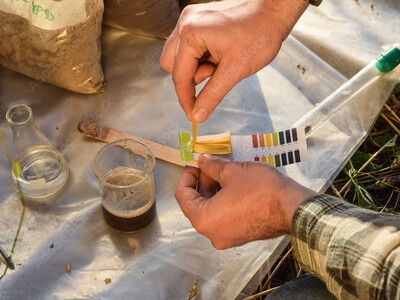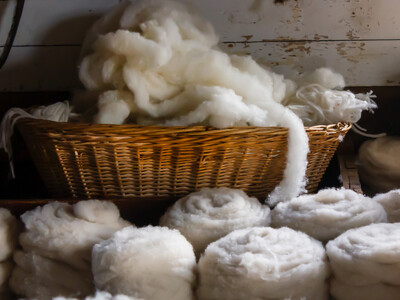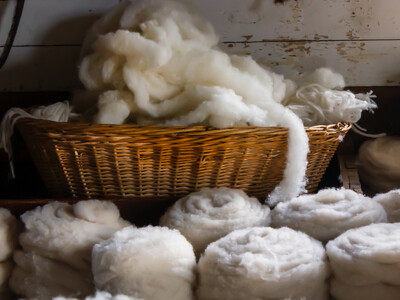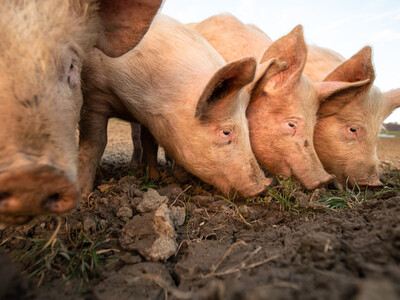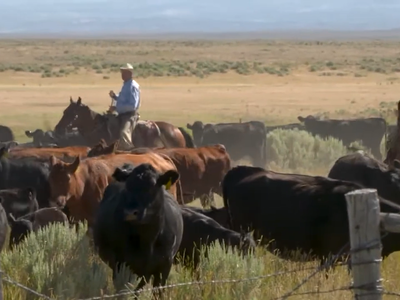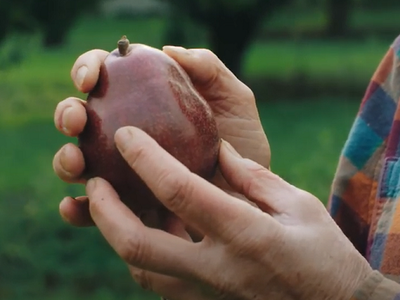Eliminating farm pests
Pest problems might seem inevitable to most farmers, yet in natural landscapes pest outbreaks are uncommon. That's because pests thrive in farming systems that are highly disturbed, grow a small number of crops, and have low plant and insect diversity—it's like your farm is a buffet and there's no line to get in. But in natural environments pests generally can't get to an outbreak level because they have to compete with so many other species for limited resources. Thinking of pests as a sign of ecological imbalances on the farm rather than as a fact of life points the way to sustainable solutions that reduce pest pressures by strengthening natural relationships throughout the farm.SARE's new bulletin, A Whole-Farm Approach to Managing Pests discusses ecological approaches to pest management and highlights cases in which farmers are using innovative methods to manage pests. These holistic strategies emphasize knowledge of cropping systems, biodiversity and farm resource management. Practices that produce healthy crops and keep insects, weeds and diseases away focus on:
promoting biodiversity
creating healthy crop habitat
reducing disturbance to soil and non-crop vegetation
minimizing off-farm inputs
Focusing on the farming system rather than on each individual pest can make pest control across the whole farm more effective and sustainable. Ecological pest management strategies can provide other benefits, such as improved soil health and biodiversity maintenance.





